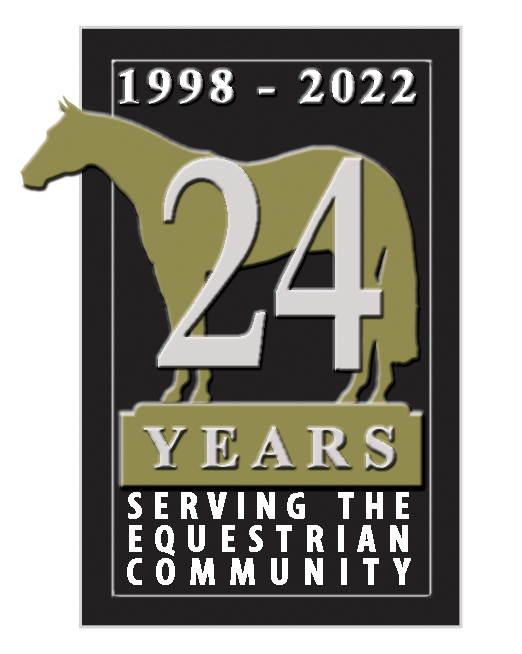Pet Talk – Pets and The Elderly
December 19, 2009Elderly People and Pets
Contact can lessen loneliness. Contact can lessen depression. Contact can bring a smile. And that point of contact can be a pet. An elderly person paired with an appropriate pet can be a winning combination.
“Humans and animals need love, companionship and activity,” explained Ms. Kit Darling, MS, infection control coordinator at Texas A&M College of Veterinary Medicine & Biomedical Sciences, and Aggieland Pets With A Purpose (APWAP) volunteer.
“The elderly who are in assisted living and long term care facilities enjoy visits from pets. Animal assisted therapy organizations such as APWAP provide visits. It is a very rewarding experience to see a person smile and enjoy time with Dexter and Daschle, my pet dachshunds. Their presence causes residents to talk about pets they once had. One lady gets so excited when Dexter visits; she will invite him to “sit on Grandma’s lap”,” notes Darling.
Just as elderly in assisted living desire the companionship of animals, seniors living independently can benefit from a daily routine that includes a pet.
Darling explained that pets provide companionship, decrease loneliness, accept you as you are and provide a sense of being needed. Pets can give the elderly a different outlook because they live in the moment and help seniors do likewise. They can bring laughter into one’s life and increase socialization. When walking the dog you meet other people in the neighborhood and this encourages conversation. Additionally, recent studies have indicated that positive interaction with pets helps seniors overcome depression and lowers blood pressure/cholesterol levels.
“Pets keep seniors active both physically and mentally. Walking the dog or going outside with the dog will increase one’s activity,” notes Darling. “Fresh air and sunshine are good for both. Stroking or brushing the animal is good exercise for the hands and arms. Pets may motivate the elderly to do activities they might not do otherwise.”
“An animal such as a cat or small dog that can set in a person’s lap may be better for the elderly,” explains Darling. “Large dogs may be more difficult to control. Cats require less care than a dog and an adult animal may be easier to manage than a young one.”
“Food, grooming and veterinary expenses are some of the costs associated with having a pet. These may be difficult for someone on a limited income,” notes Darling. “A smaller animal may help to decrease some of these costs.”
Another consideration is lifestyle. If you are a senior who loves to travel, you will need to go to destinations where your pet can go; otherwise board your pet or hire a pet sitter. Darling says advanced planning is a must.
“Animals can carry disease,” explains Darling. “Good hygiene and keeping your animal healthy will minimize the risk of disease transmission. The elderly who are frail or have weak immune systems may be more susceptible to disease and should seek their physician’s advice.”
Darling emphasizes that the decision to be a pet caregiver is a personal one. Senior citizens must evaluate the advantages and disadvantages a pet will bring to their life and lifestyle. Only you can decide if you can care for a pet both physically and financially.
“The human-animal bond can be great and pets may be considered a part of the family,” notes Darling. “As one ages, their children grow up, their spouse and friends may die and the pet is very important to them. You must decide if a pet will enhance your life and is right for your lifestyle.”
People and pets can be a winning combination. The right companion animal may help seniors and the elderly lead happier, healthier lives.
ABOUT PET TALK
Pet Talk is a service of the College of Veterinary Medicine & Biomedical Sciences, Texas A&M University. Stories can be viewed on the Web at http://tanunews.tamu.edu/.
Suggestions for future topics may be directed to [email protected].


